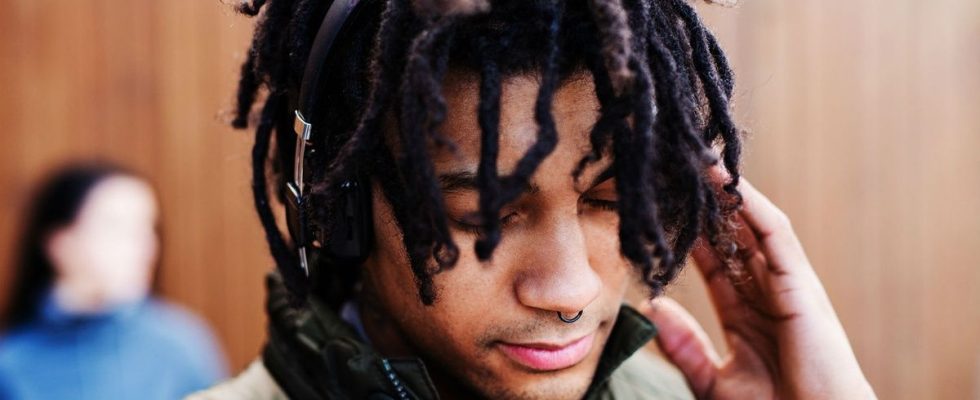We all spend more or less time there, chatting about the weather and the next vacation. We don’t really dare to point out that the water for the shampoo is too hot, so as not to have to cut off a heated discussion on the news. You guessed it, the hairdresser is part of our life, with more or less frequency and infidelity, depending on its efficiency. But, what if behind the mower and the scissors, there was much more at stake than a failed fringe or a hell of a gradient? This is the question raised by Olivier Serva (Liot). The deputy from Guadeloupe is working on a bill aimed at recognizing and punishing “hair discrimination”. With, as a starting point, an airline, African braids, and a steward who wins his case after ten years of legal battle…
“A subject often marginalized, not taken seriously”
In November 2022, the Court of Cassation considers that Air France cannot prohibit the wearing of Afro braids by its stewards. The plaintiff had started proceedings at the Labor Court in 2012, after having worked for years with a wig. “He won on the basis of gender discrimination, not hair discrimination. We thought there was a hole in the racket. We want to supplement article 225-1 of the Penal Code, which deals with discrimination,” comments Olivier Serva. And to cite figures from a recent study by Dove and LinkedIn conducted in the United States, where ethnic surveys are allowed: nearly two-thirds of African-American women surveyed say they change their haircut when they apply.
“In France too, non-white people are aware of the discrimination that weighs on their hair. They style their hair according to their professional career, notes Rokhaya Diallo, journalist, director and author ofAfrican!, a book on the subject. It is a subject that is often marginalized, not really taken seriously”.
For the parliamentarian, in addition to employability, this subject of hair encompasses several other realities, in particular health. “Women who use chemicals to straighten their hair are three times more likely to have uterine cancer or three times more likely to have fibroids,” he explains. Another concern, economic this time: going to the hairdresser has a cost, “especially in this period”.
Legislate… Then penalize
Changing your physical appearance to match the “norms”, facing the taunts of these colleagues, not being hired because of your afro cut, etc. These are all other problems faced by many racialized women and men. With more or less protective legislation. “In the United States, the Crown Act was passed to prohibit hair discrimination. This question has been more present for a long time, because the Afro-American community is more mobilized and more visible there. The questions that affect it reach more easily the spheres mainstream, illuminates Rokhaya Diallo. In France, we must not reason in terms of backwardness but in terms of understanding racial issues. There is perhaps a stronger denial. »
On the legislative level and on the case law side, “everything is already present to repress discrimination linked to a hair element, estimates Dominique Sopo, president of SOS Racisme. Both the law and its interpretation arm us against hair discrimination. What is important is repression on the penal level, and there is none on the question. »
The activist does not hesitate to recall a sad observation: in 2021, there were “zero convictions for racial discrimination in France”. Because, once the discrimination is observed, how to make it effective and above all how to prove it? “The applicability is a difficulty, recognizes the deputy from Guadeloupe. Mentalities will have to change. »

